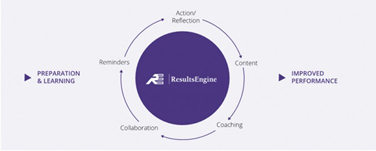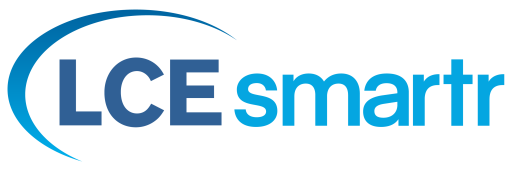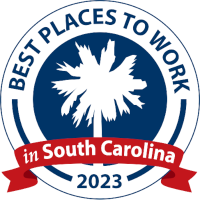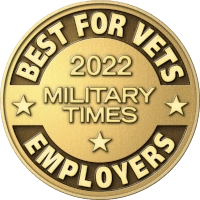Power Co-op Enhances Skills with 3A Learning (PDF)
In late 2012, a power cooperative had the advantage of an experienced workforce and the ability to be a low-cost power producer. They were also confronted with considerable risks such as increasing costs, new regulatory requirements, and the retirement of skilled personnel. In an effort to capitalize on the plant’s strengths and mitigate risk, the co-op engaged Life Cycle Engineering (LCE) to implement a Reliability Excellence [1] ® (Rx) initiative. The organization set out to improve safety performance, reduce rising costs, and reach and sustain a proactive culture. One important method of achieving these goals was building supervisor competency. The client partnered with LCE’s human performance group, the Life Cycle Institute. To maximize the impact of this approach the co-op utilized the Life Cycle Institute’s 3A Learning [2] ® process coupled with an accountability and coaching tool called ResultsEngine [3] ®.
Culture barriers and operational challenges impede progress
The power cooperative’s culture was not conducive to building teamwork and cooperation. Low morale problems were intensified by obstacles such as lack of accountability for not meeting performance standards. Overtime and double-time hours were very costly for plant operations, with data indicating their maintenance overtime of 8% was greater than the benchmark standard of 5%. Also, with an aging workforce, the challenge of losing experienced and capable people had to be addressed. As supervisors retired, experienced operators needed to be groomed to fill their roles.
[1] Reliability Excellence is registered in the U.S. Patent and Trademark Office by Life Cycle Engineering
[2] 3A Learning is registered in the U.S. Patent and Trademark Office by Life Cycle Engineering
[3] ResultsEngine is registered in the U.S. Patent and Trademark Office by Fort Hill Company
Using 3A Learning to coach new behaviors
The 3A Learning process (Figure 1) began with the Alignment phase. This included identifying the competency gaps and creating a clear line of sight from individual supervisor behavior and organizational goals. Based on these gaps a training program, Management Skills for Supervisors, was delivered and individual coaching programs for each supervisor were created
(Assimilation phase) . The coaching program included three individual goals to be achieved and documented over the next 10 weeks during the Application phase.
![]()
Figure 1 : 3A Learning® Model
Individual goals were aligned with the organization’s goals to improve safety performance, reduce rising costs and reach and sustain a proactive culture. Every two weeks, participants were prompted to update the status of their goals and document the steps taken to further their progress through ResultsEngine. ResultsEngine is a web-based program that assists participants in following up on goals they set for themselves by emphasizing accountability, manager and coach involvement, peer collaboration and documentation of goal progress (Figure 2).

Figure 2 : ResultsEngine® Follow-through Process
During the 10 weeks following the training the facilitator and coach, Joel Levitt, worked with the participants one-on-one during an onsite coaching visit, and provided feedback through the ResultsEngine online portal. Managers also encouraged their direct reports to remain focused on their goals and provided guidance when necessary.
Program yields positive results with employees
As a result of attending the Management Skills for Supervisors program, participants increased their skills in three main categories: management, people and technical. Participants also achieved positive outcomes in each of these eight areas: employee engagement, worker productivity, waste reduction, meeting effectiveness, efficiency, delegation, communication skills and effective coaching and feedback.
The client had above-average results in participation as well as coaching and manager feedback. Overall there were 11 goals completed and 34 with significant progress made. Those responding to the final update also noted that the program had a positive impact on their effectiveness and they were able to apply something they learned to their job.
At the end of the 10-week program participants were asked how they would rate the impact of the program and the follow-through on their effectiveness. All who participated in the final update indicated they had experienced a positive impact on their effectiveness as a supervisor.
Additional Information
For more information about improving operational and financial performance, please email us at info@LCE.com or visit www.LCE.com.
About LCE
Life Cycle Engineering (LCE) (www.LCE.com) provides consulting, engineering, applied technology and education solutions that deliver lasting results for private industry, the Department of Defense and other government organizations. The quality, expertise and dedication of our employees enable Life Cycle Engineering to serve as a trusted resource that helps people and organizations to achieve their full potential. Founded in 1976, LCE is headquartered in Charleston, South Carolina with offices across North America and experience around the globe.
Contact Us
Corporate Headquarters
Life Cycle Engineering
4360 Corporate Road
Charleston, SC 29405-7445
843.744.7110















